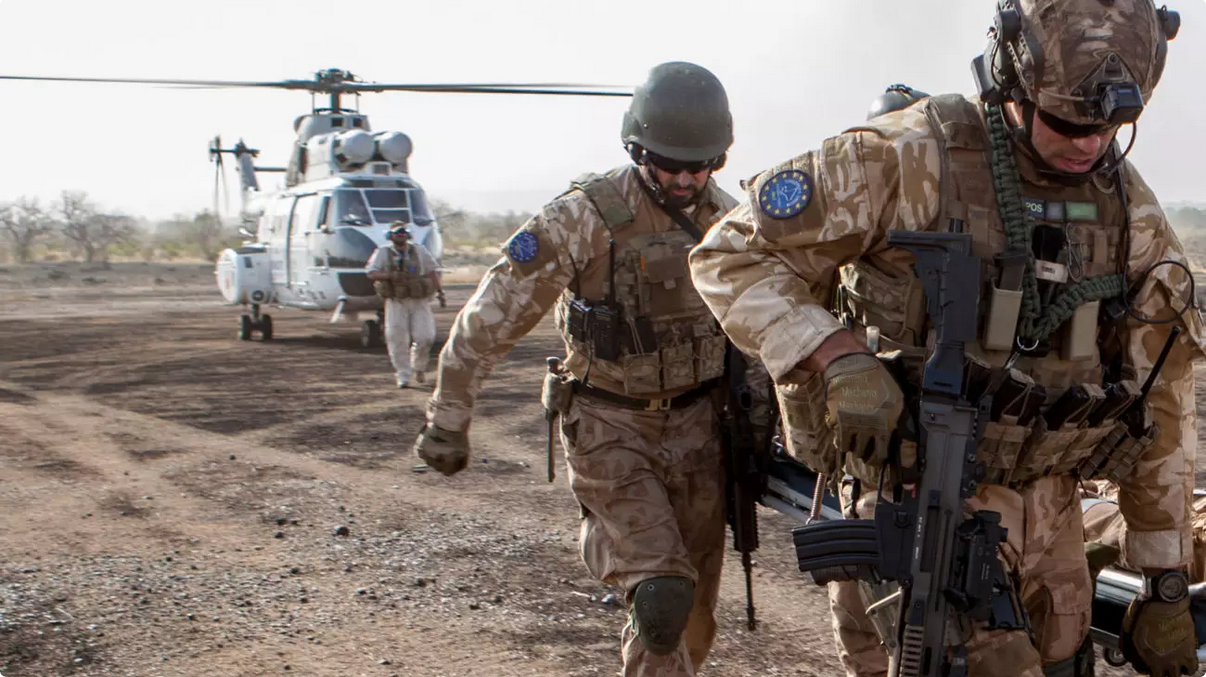In response to the massacre that Hamas perpetrated on 7 October 2023, Israeli forces are engaged in an all-out effort to eliminate the movement. The battle is taking place on a narrow and densely populated strip of land, with more than 2 million people living in an area comparable to twice the size of Washington DC. Gaza had already been suffering a humanitarian crisis that was largely caused by a 16-years old Israeli blockade. Every day across the world, many people are torn between showing solidarity with Israel in the wake of the horror of 7 October and protesting loudly against Israel’s punitive expedition in Gaza. It is clear that Hamas’s rampage should face retribution. It is also clear that we can no longer look away from the reality and the ultimate consequences of 56 years of Israeli occupation of the Palestinian territories – ever since the 1967 war.
Today, there is a mounting number of calls for humanitarian pauses and a cease-fire. But there is little reflection to date on the future of the wider Palestinian issue after the Gaza war. What might happen next? To cite the Israeli writer Etgar Keret about lessons that can be learned from the current tragedies: “[…] we have to search and we have to allow ourselves to be confused and to look for answers, not to have them instantly.” Sketching scenarios is a way to look at the future by make ambiguity tangible, including undesirable outcomes, and to encourage reflection. Moreover, Haaretz journalist Anshel Pfeffer argued on X that the Israeli government lacks an exit strategy for Gaza. This makes it all the more important to consider the future. For also after this war, two traumatised populations are condemned to continue existing side by side. This Alert presents four scenarios for the Palestinian issue once ongoing ground operations in Gaza have ended. They describe possible futures, however uncertain, and encourage us to consider how we feel about these.
Read full alert at original link.
About the author
Erwin van Veen is a senior research fellow at Clingendael’s Conflict Research Unit (CRU). He is an experienced professional who delivers high quality and insightful strategic advice that helps mitigate violent conflict. His direct area of expertise are the relationships between political order, protest and violence in countries like Iraq, Israel/Palestine, Syria and Turkey.


